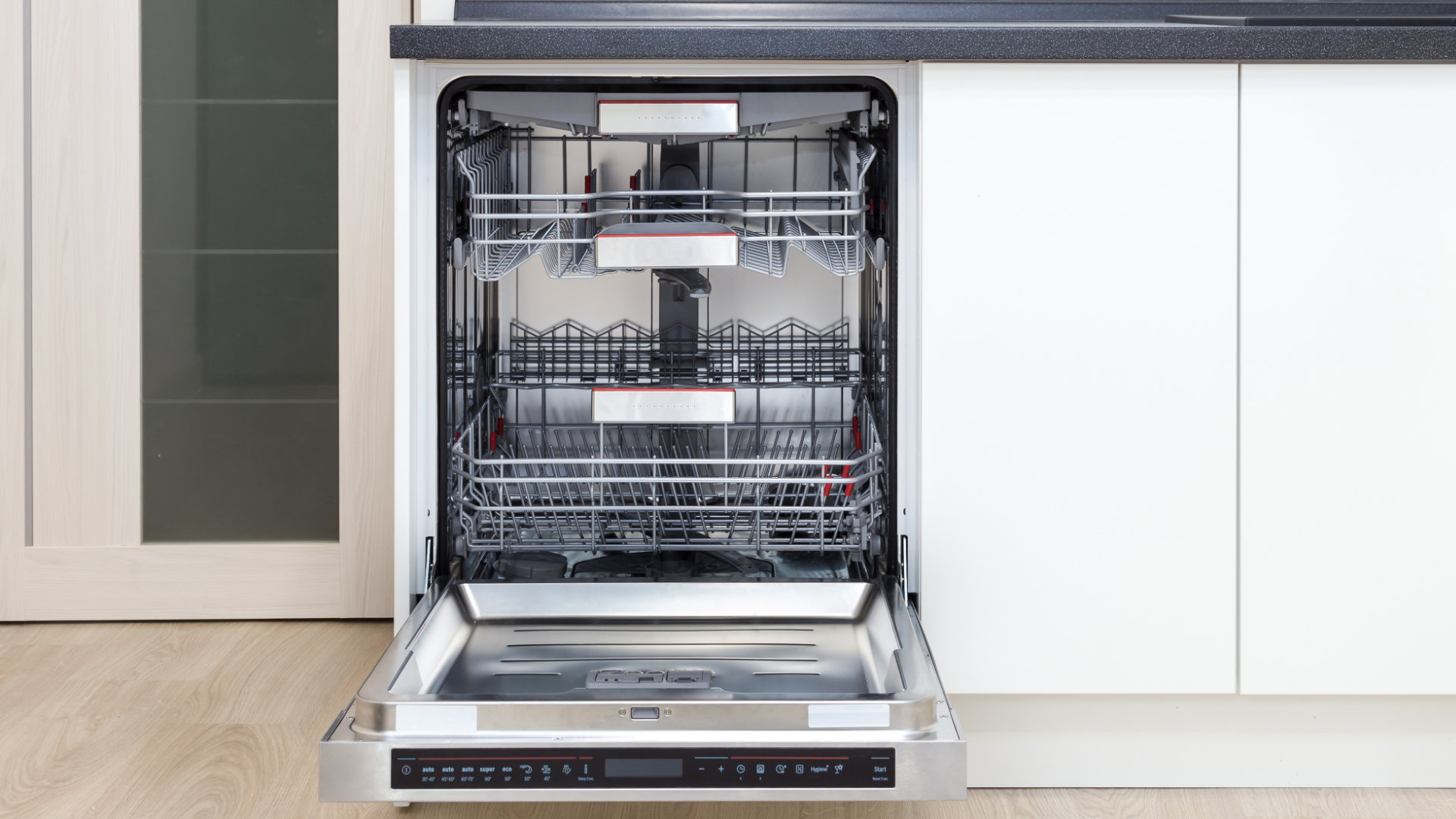

Articles
What Size Breaker Does A Dishwasher Need?
Modified: September 2, 2024
Discover the right size breaker your dishwasher needs with our informative articles. Get expert advice on electrical requirements for efficient dishwasher installation.
(Many of the links in this article redirect to a specific reviewed product. Your purchase of these products through affiliate links helps to generate commission for Storables.com, at no extra cost. Learn more)
Introduction
Welcome to the world of modern kitchen appliances! In today’s fast-paced world, dishwashers have become a crucial part of our daily lives. They not only save us time and effort but also ensure sparkling clean dishes. However, to ensure the reliable and efficient operation of your dishwasher, it is important to understand the electrical aspects, including the breaker size it requires.
When it comes to electrical appliances, each one has specific power requirements, and dishwashers are no exception. The breaker size determines the amount of electrical current that can flow to the appliance. It acts as a safety measure, protecting your dishwasher from potential electrical hazards.
In this article, we will dive deeper into the topic and explore what breaker size your dishwasher needs. We will discuss the power requirements of dishwashers, factors that affect the breaker size, and ultimately provide recommended breaker sizes for different dishwasher models.
So, if you’re eager to learn more about breakers and their relationship with dishwashers, let’s jump right in!
Key Takeaways:
- Understanding the breaker size requirements for your dishwasher is crucial for safe and efficient operation. Always choose a breaker size equal to or greater than the dishwasher’s power requirements to prevent potential hazards and damage.
- Factors such as dishwasher wattage, load sharing, and local electrical codes can influence the selection of the proper breaker size. Consult the manufacturer’s documentation and consider professional guidance to ensure compliance and safe operation.
Read more: What Size Breaker For EV Charger
Understanding Breaker Sizes
Before we delve into the specifics of dishwasher breaker sizes, it’s important to understand the concept of breaker sizes and how they work.
Breaker sizes are standardized ratings used to determine the electrical current capacity that a circuit can handle. They are measured in amperes (A) and can range from as low as 15A to as high as 200A or more, depending on the electrical system in your home.
The purpose of a breaker is to protect the electrical wiring and the connected appliances from overheating and potential electrical fires caused by excessive current flow. When the current exceeds the rated capacity of the breaker, it trips and cuts off the power supply, preventing any damage or hazards.
When it comes to dishwashers, they typically have electrical power requirements that fall within a certain range, and the breaker size should be selected accordingly to handle that range of current. This ensures that the dishwasher operates safely without overloading the electrical circuit.
It’s important to note that the breaker size should always be equal to or greater than the electrical power requirements of the dishwasher. Using a breaker with a lower rating than the dishwasher’s power requirements can lead to frequent tripping and potential damage to both the appliance and the electrical system.
Now that we have a basic understanding of breaker sizes, let’s move on to exploring the power requirements of dishwashers.
Dishwasher Power Requirements
To determine the appropriate breaker size for your dishwasher, it’s crucial to understand its power requirements. Dishwashers typically operate on both electrical power and water supply. In this section, we will focus on the electrical aspect.
Most residential dishwashers in North America operate on a standard voltage of 120 volts. However, some higher-end models or commercial dishwashers may require 240-volt circuits. It’s important to check the manufacturer’s specifications or the label on your dishwasher to determine the correct voltage requirement.
In terms of amperage, residential dishwashers typically require a breaker size ranging from 15A to 20A. This means that they draw between 15 and 20 amps of electrical current during operation.
It’s worth noting that the power requirements may vary depending on the specific model, features, and energy efficiency of the dishwasher. It’s always best to consult the manufacturer’s documentation or reach out to their customer support for the precise power requirements of your specific dishwasher model.
In addition to the voltage and amperage, it’s important to consider the installation guidelines provided by the manufacturer. The dishwasher must be properly grounded, and the electrical supply should be in compliance with local electrical codes to ensure safe operation.
Now that we have a better understanding of the power requirements of dishwashers, let’s take a look at the factors that can affect the breaker size.
A standard residential dishwasher typically requires a 15- or 20-amp circuit breaker. Check the manufacturer’s specifications for the exact requirements before installation.
Factors Affecting Breaker Size
When determining the appropriate breaker size for your dishwasher, there are several factors that can come into play. These factors can affect the overall power requirements and influence the selection of the breaker size. Let’s explore these factors:
- Dishwasher Wattage: The wattage of the dishwasher indicates the amount of power it consumes during operation. Generally, dishwashers have a wattage rating between 1200 and 1500 watts. Higher wattage dishwashers may require a larger breaker size to accommodate the increased power demand.
- Load Sharing: If your dishwasher is part of a circuit that supplies power to other appliances or outlets, you need to consider the total electrical load shared by that circuit. The combined load of all connected appliances should not exceed the capacity of the breaker. Failure to account for other loads can lead to constant tripping and inconvenience.
- Branch Circuit Capacity: The overall capacity of the branch circuit that supplies power to the dishwasher can also affect the breaker size. A branch circuit refers to the specific electrical circuit dedicated to your dishwasher. Typically, residential kitchen circuits are rated for 15A or 20A. Your dishwasher’s breaker size should align with the capacity of the branch circuit to ensure proper functioning.
- Local Electrical Codes: It’s essential to adhere to the electrical codes and regulations in your area when determining the breaker size. Local codes may specify minimum requirements for the breaker size based on the appliance’s power consumption. It is always recommended to consult with a licensed electrician to ensure compliance with the applicable electrical codes.
Considering these factors can help you make an informed decision about the appropriate breaker size for your dishwasher. However, it’s important to remember that specific dishwasher models may have unique power requirements. It’s best to consult the manufacturer’s documentation or seek professional guidance when in doubt.
Now, let’s move on to the recommended breaker sizes for dishwashers.
Recommended Breaker Size for Dishwashers
Based on the power requirements and factors we’ve discussed, here are the recommended breaker sizes for dishwashers:
- Standard Dishwashers: For most standard residential dishwashers with a voltage rating of 120V, a 15A or 20A breaker is typically recommended. These breakers are commonly found in residential electrical panels and can safely handle the power requirements of the dishwasher.
- High-End Dishwashers or Commercial Models: If you have a high-end dishwasher or a commercial-grade model that requires a 240V power supply, it may require a larger breaker size. These dishwashers often have higher power requirements due to their advanced features and larger capacity. In such cases, a breaker size of 30A or higher might be necessary. The specific power requirements should be verified through the manufacturer’s documentation.
- Consult Manufacturer Documentation: It’s important to note that the recommended breaker size can vary depending on the specific make and model of your dishwasher. Always refer to the manufacturer’s documentation or contact their customer support to ensure you’re selecting the appropriate breaker size for your specific dishwasher model.
It’s crucial to emphasize that the breaker size should never be smaller than the dishwasher’s power requirements. Selecting an undersized breaker can lead to frequent tripping, potential damage to the appliance or electrical system, and even safety hazards. It’s always better to err on the side of caution and choose a slightly higher breaker size if you have any doubts.
Remember to consult a licensed electrician if you’re unsure about the electrical requirements or need professional assistance in selecting the appropriate breaker size for your dishwasher.
Now, let’s conclude our discussion.
Read more: What Size Is A Standard Dishwasher
Conclusion
In conclusion, understanding the breaker size requirements for your dishwasher is essential for safe and efficient operation. The breaker size determines the amount of electrical current that can flow to the dishwasher, protecting it from potential electrical hazards.
When it comes to breaker sizes, it’s important to consider the power requirements of your dishwasher, including voltage and amperage. Most residential dishwashers operate on a standard voltage of 120V and require a breaker size ranging from 15A to 20A.
Factors such as dishwasher wattage, load sharing, branch circuit capacity, and local electrical codes can also affect the selection of the proper breaker size. It’s vital to take these factors into account to ensure the breaker can handle the power demand of the dishwasher and comply with the applicable electrical codes.
Recommended breaker sizes for dishwashers include 15A or 20A for standard residential models, while high-end or commercial-grade dishwashers may require larger breaker sizes, such as 30A or higher. Always consult the manufacturer’s documentation to determine the specific power requirements and recommended breaker size for your dishwasher model.
Remember, it’s crucial to choose a breaker size that is equal to or greater than the power requirements of your dishwasher. Using an undersized breaker can lead to tripping, potential appliance or electrical system damage, and safety hazards.
If you have any doubts or questions, it’s always best to consult a licensed electrician who can offer professional guidance and ensure compliance with electrical codes.
We hope this article has provided you with valuable insights into determining the appropriate breaker size for your dishwasher. By understanding the power requirements and considering the relevant factors, you can ensure the safe and reliable operation of your dishwasher for years to come.
Frequently Asked Questions about What Size Breaker Does A Dishwasher Need?
Was this page helpful?
At Storables.com, we guarantee accurate and reliable information. Our content, validated by Expert Board Contributors, is crafted following stringent Editorial Policies. We're committed to providing you with well-researched, expert-backed insights for all your informational needs.
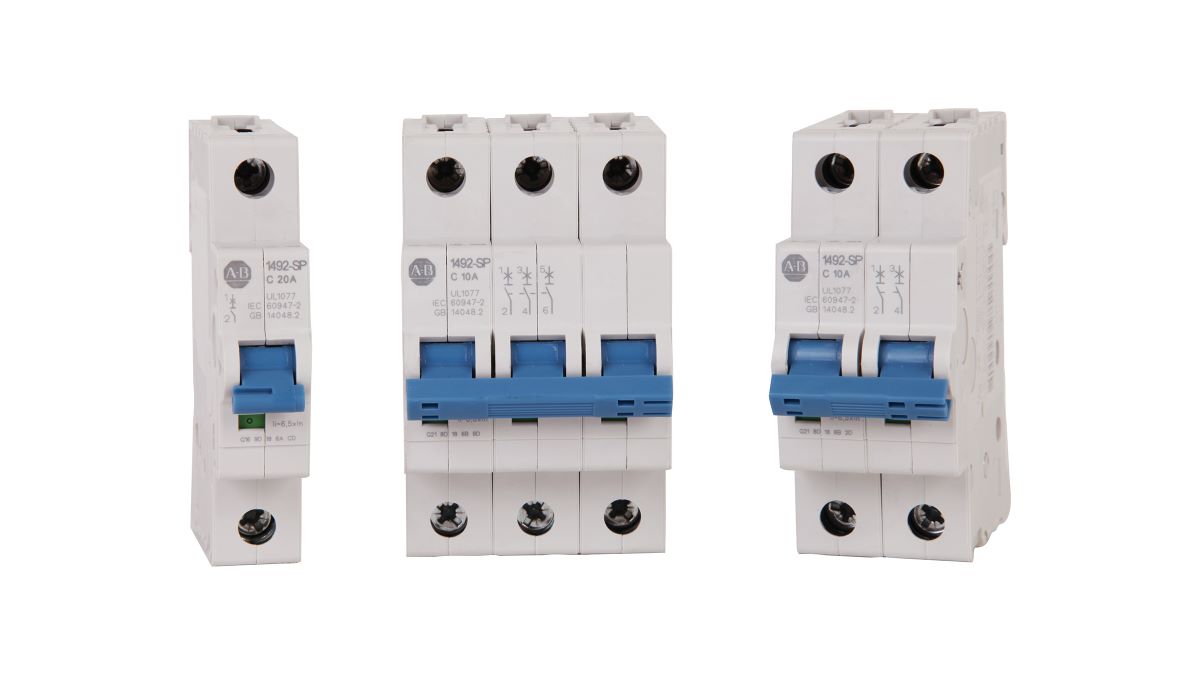
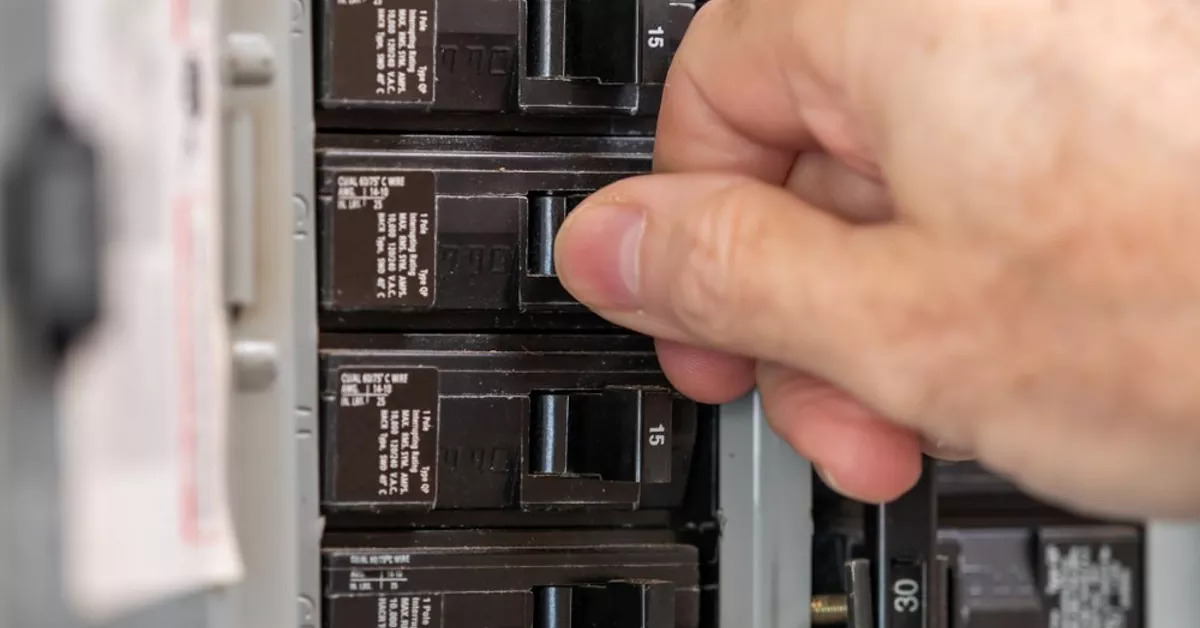
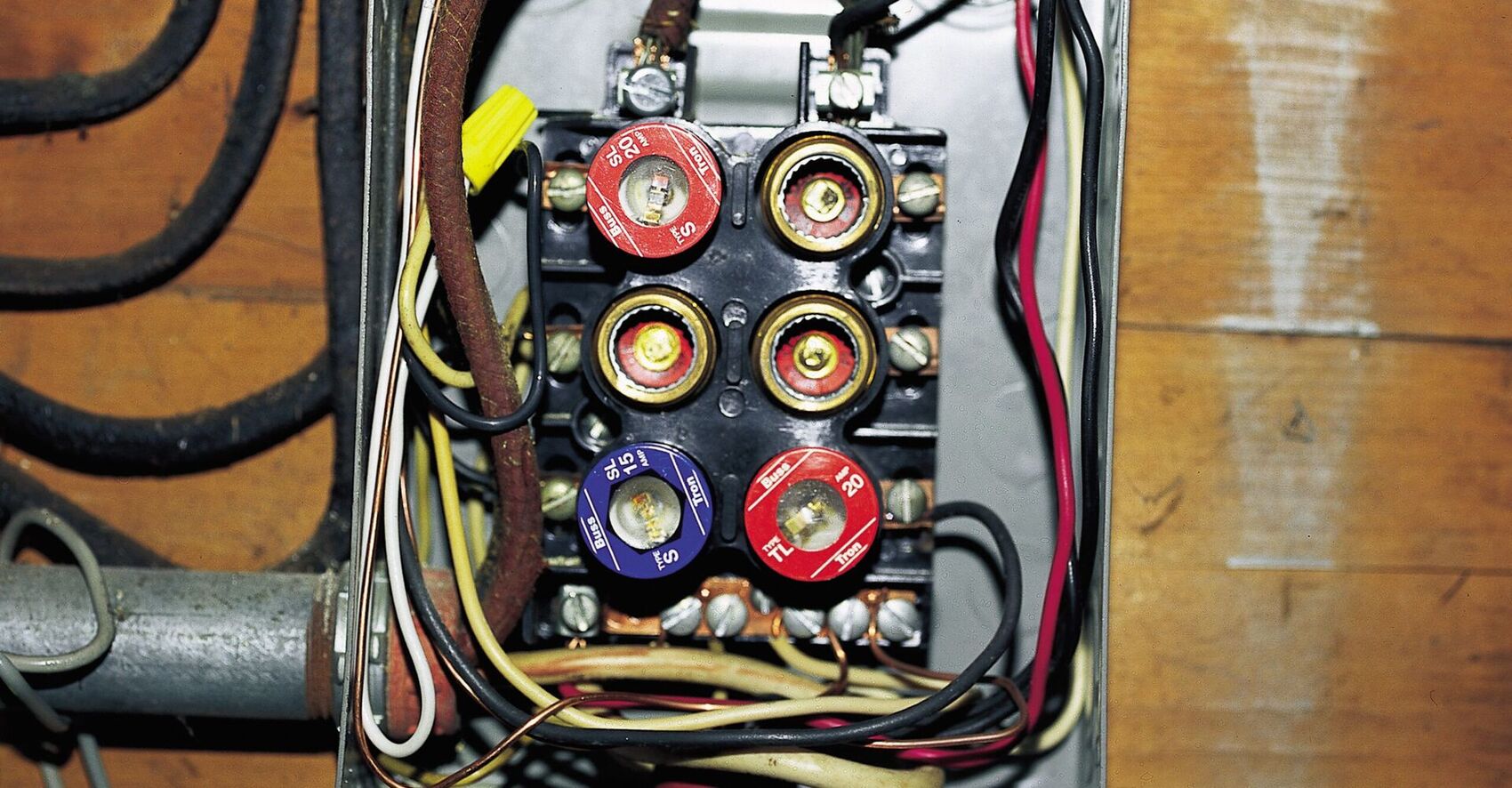
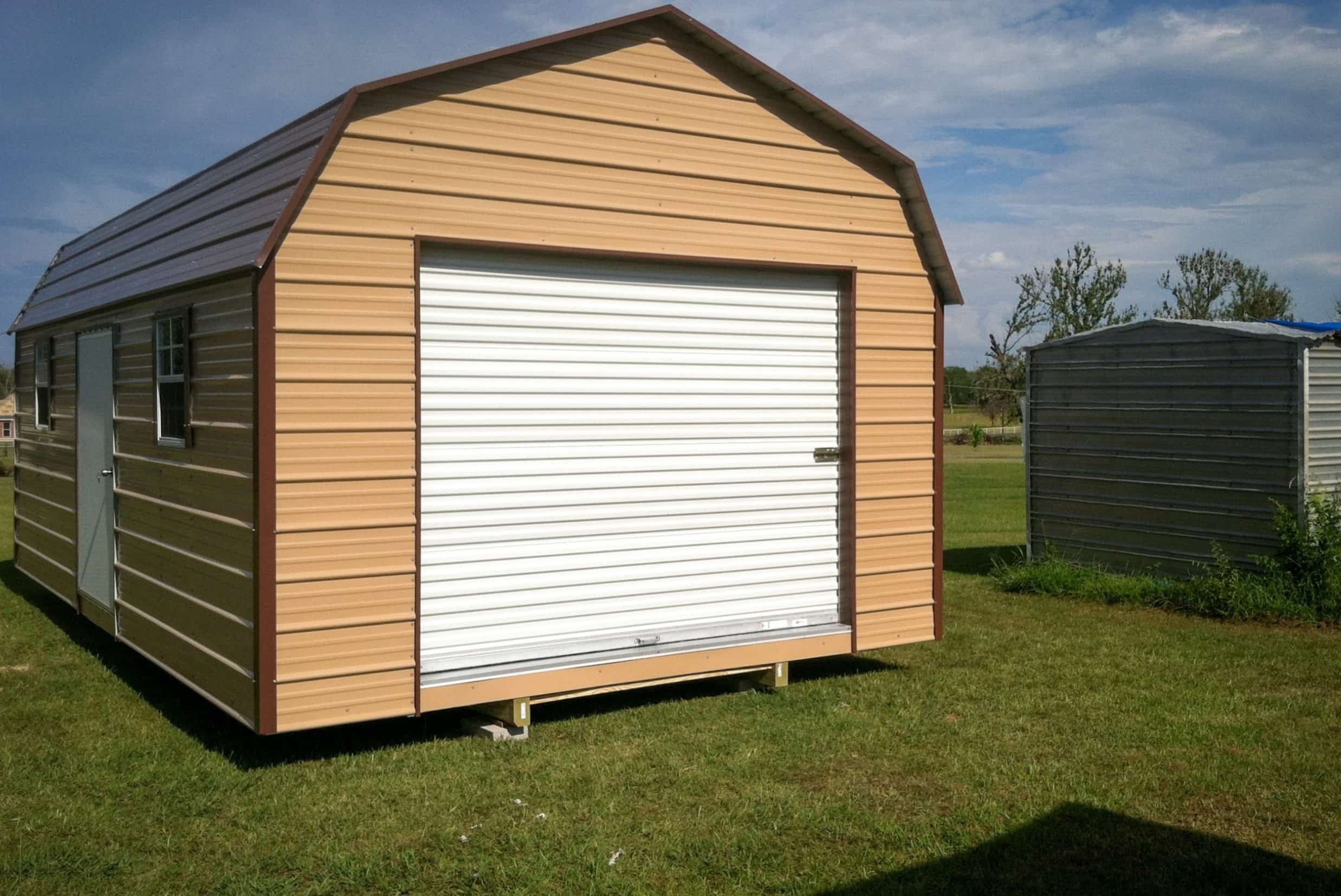
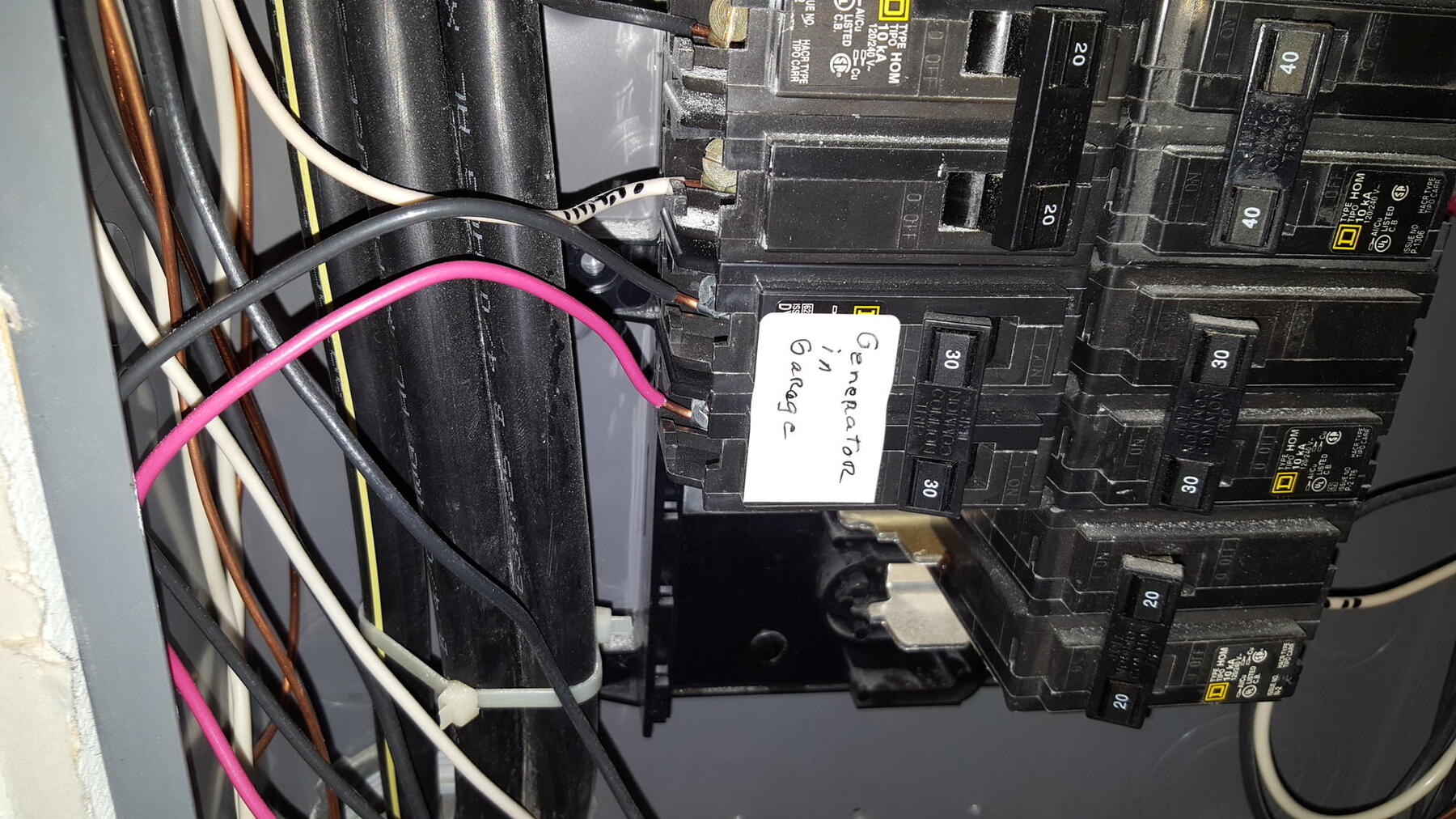
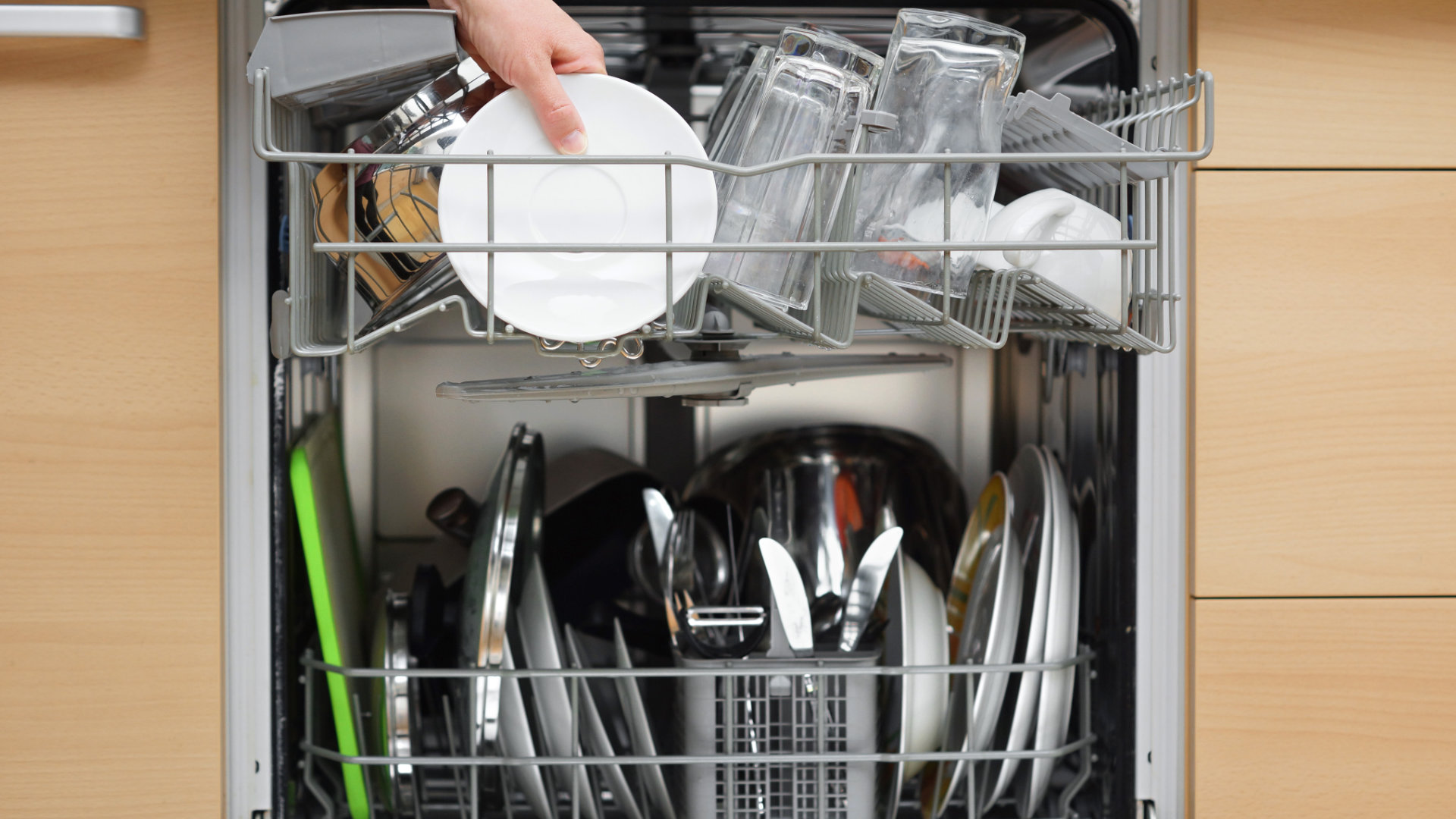
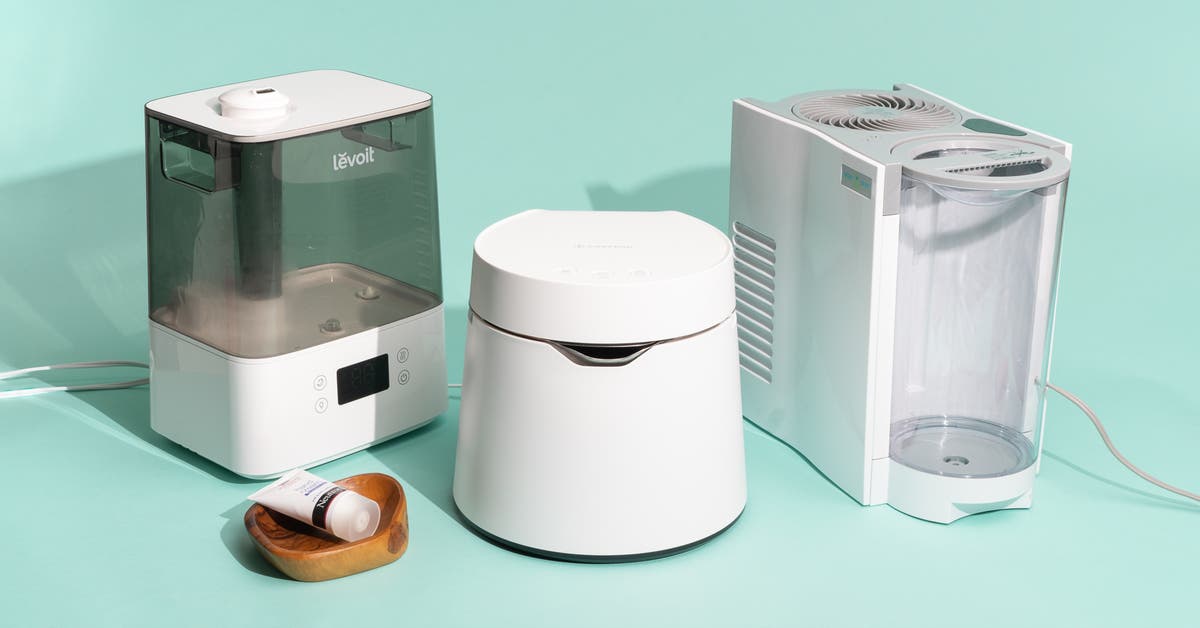

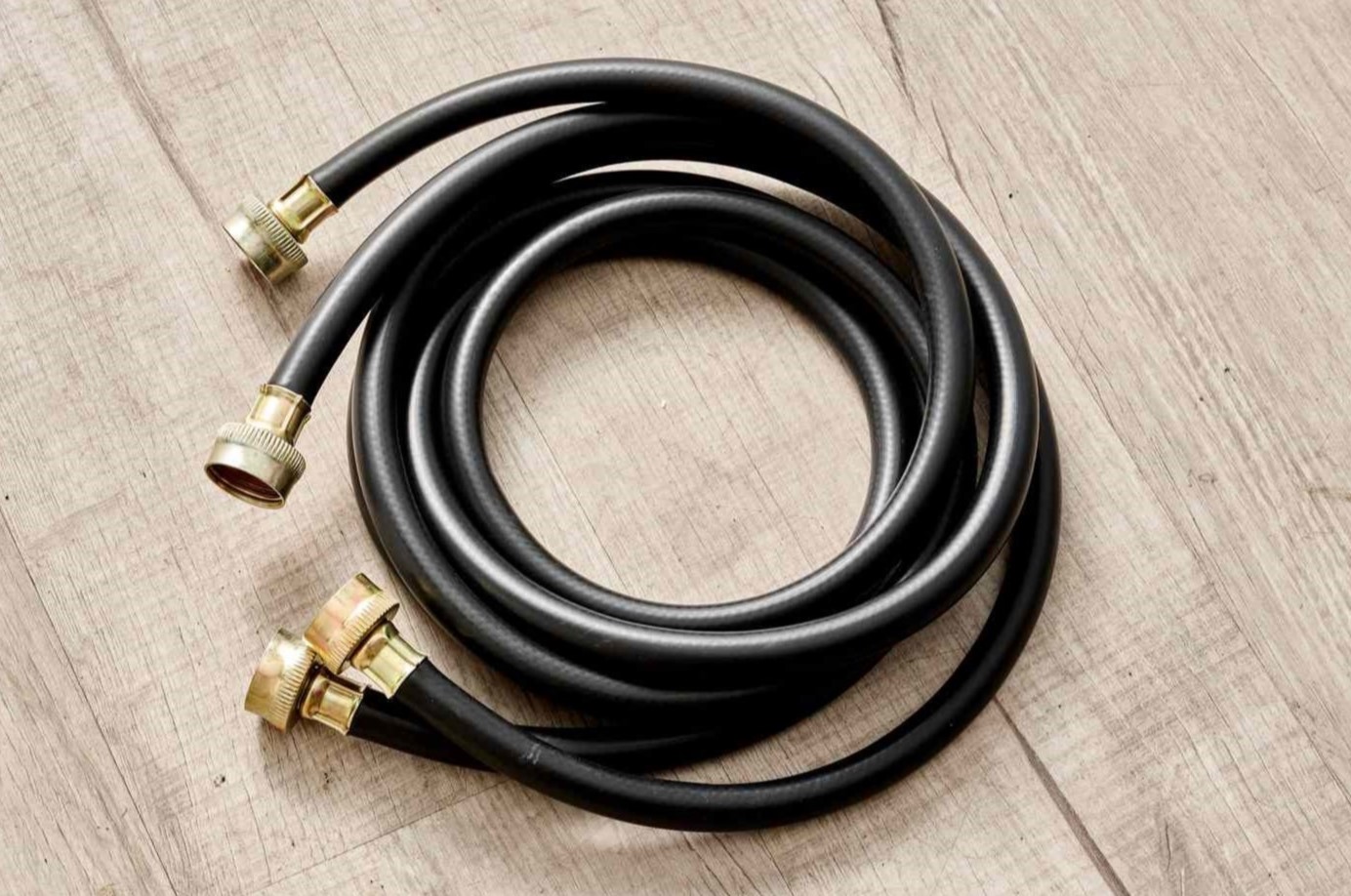



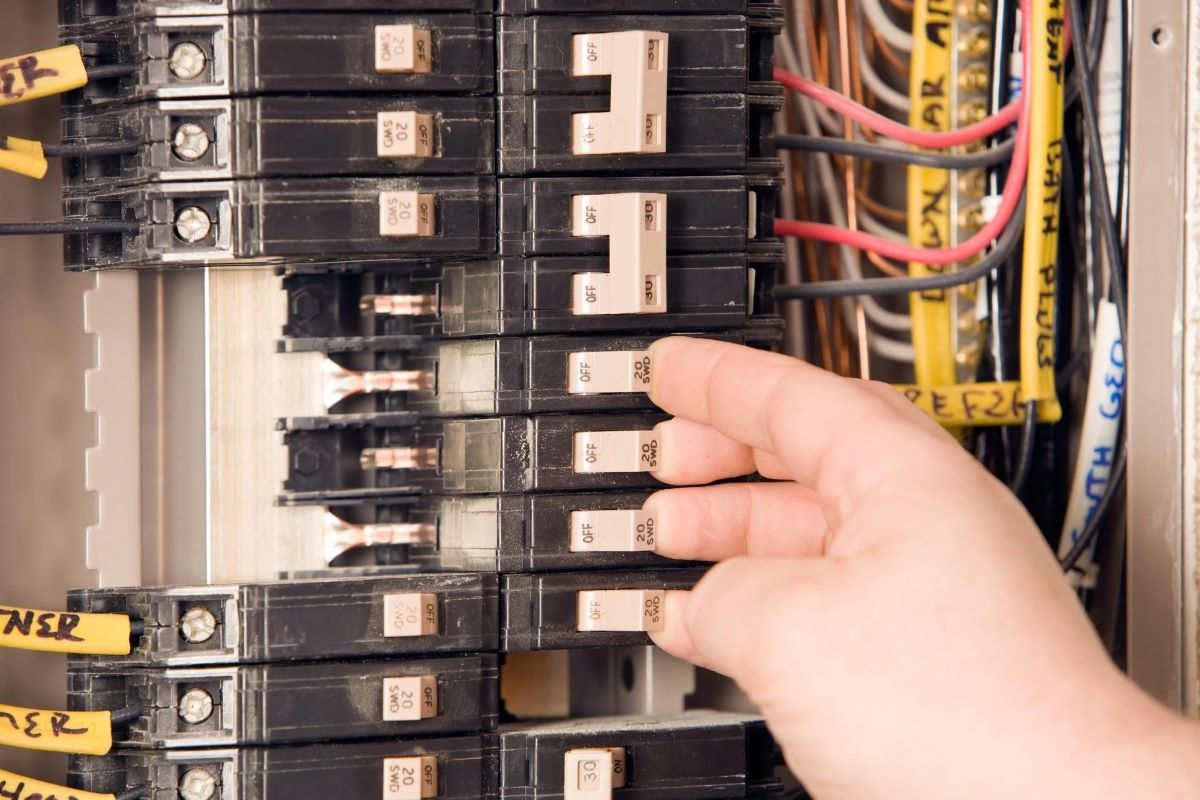
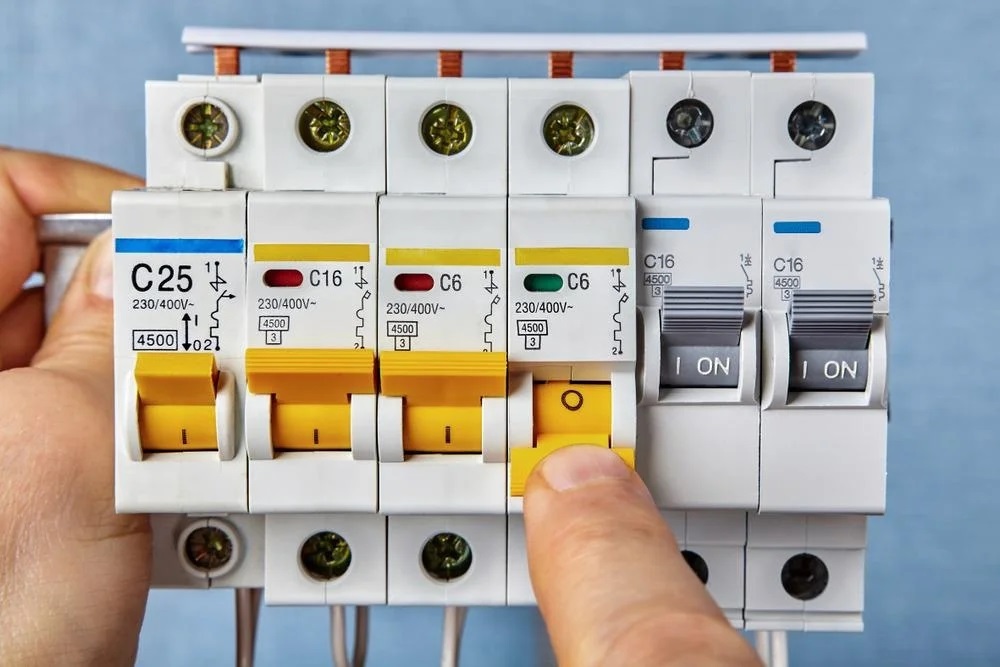

0 thoughts on “What Size Breaker Does A Dishwasher Need?”